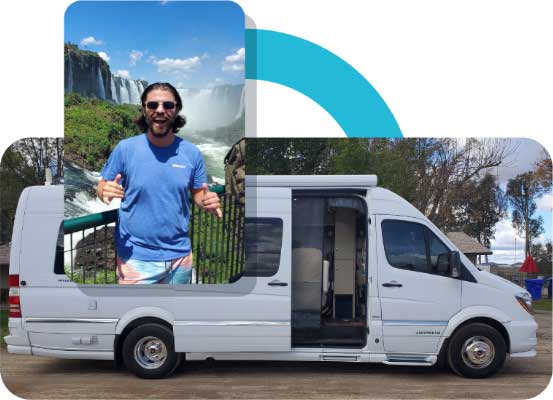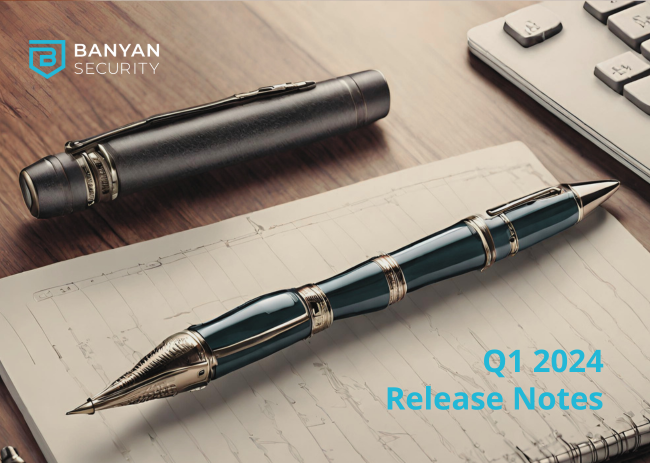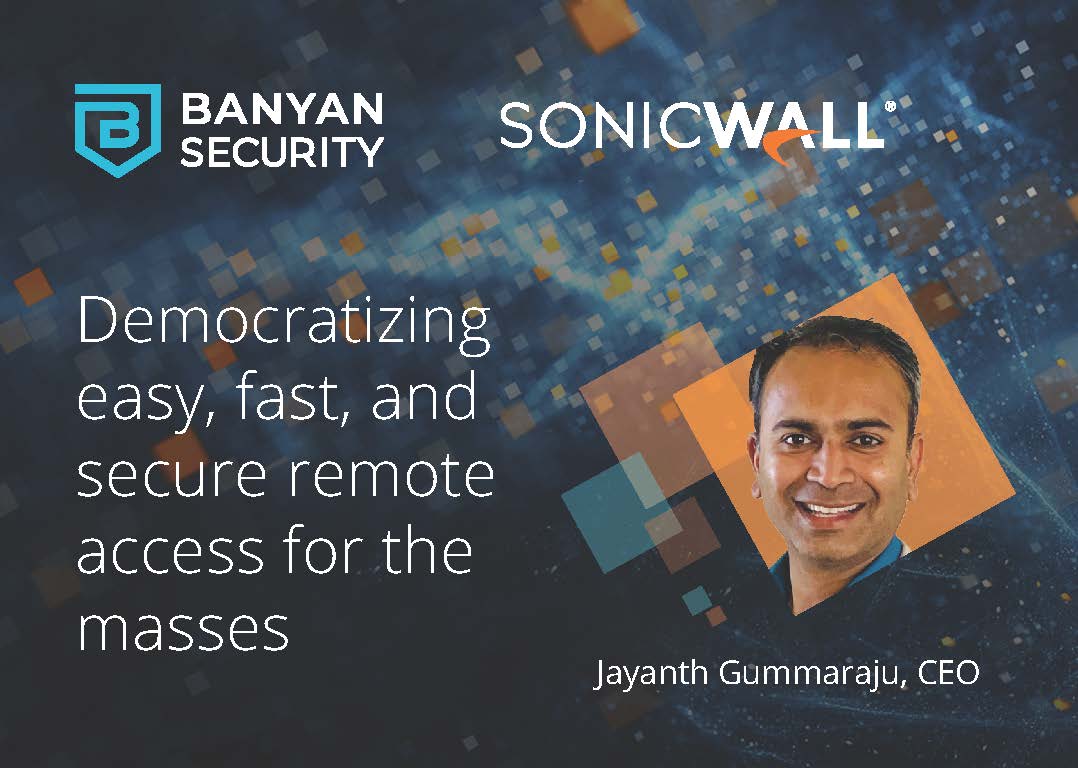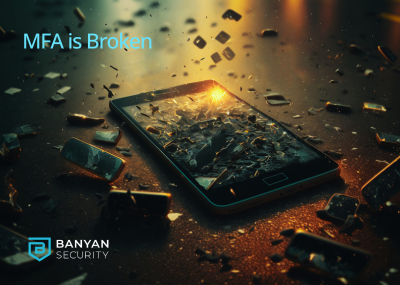Tl;dr
One of the first things you need to do when choosing to become a digital nomad is to clear the lifestyle change with your leadership. Below helps you navigate that conversation by understanding what their concerns will be and how to alleviate them.
Introduction
For those out there toying with the idea of becoming a digital nomad (DN), I’m sure the thought of asking your boss about it has kept you up, at least on one occasion. As someone who’s had to ask two leaders of mine to accommodate my digital nomad lifestyle, I can attest to the fact that it’s an incredibly nerve-racking experience. Even if your company is comfortable with remote work, knowing that this one conversation can easily shut down your travel dreams is daunting.
So, what is the best way to approach management about working as a digital nomad?
It’s all about anticipation and preparation.
Let’s face it, the “DN talk” with your boss is just like any other negotiation you have in your life. In my experience, managers are looking to ensure three key things from their employees, regardless of location: work ethic, availability, and security. If you can prove that these factors do not change (or deteriorate) while your lifestyle does, you’ll be much closer to achieving your digital nomad dream.
Take the words of my current boss, whom I had to have the “DN talk” with, at the beginning of the year:
From Faraz, Director of Product: “When you approached me about the topic of traveling while working, I could see how passionate you were about it, and the last thing I wanted to do was prevent you from enjoying yourself. However, it was not without concerns. I needed assurance I could reach you when needed, that you were still going to meet your target dates, and that our [intellectual] property remained safe. After all, you planned on going to places that didn’t have a reputation for being safe.”
How to alleviate your boss’ concerns?
While every boss is different, I have found that being open to, and understanding of, their concerns has led to success on both occasions. Below, you’ll find my experience of how I successfully approached each concern.
Availability
With remote culture so prevalent these days, availability is much easier to navigate than in the past. That said, I’m the type of person that always has a backup in case something I’m using fails. Your internet connection should be no exception. There have been times in hostels where the internet goes down. So, I always carry a backup hotspot capability. Between my hotspot device that I demonstrate (who doesn’t like a good show and tell) and the cell phone I use, I quickly show that I will have, at any point, several ways to connect online.
Showing the ability to connect lends itself to the “what if you don’t have service in that area?” question. The simple answer, “I won’t go there” normally suffices, but more justification could be needed. In this case, there are plenty of apps that show coverage areas and average Wi-Fi speeds.
Work Ethic
Proving work ethic typically happens through building a reputation with your boss and your team. Therefore, there is little you can do to reinforce your work ethic outside of bringing up previous projects. A method I use to make sure work ethic is top of mind is picking a time to chat right after an accomplishment by you (or your team) that has had a significant impact on your leader – thus, giving you an easy way to remind them how well you perform.
Work ethic also requires you to work during the needed hours of your organization. Being a DN, you’re constantly changing time zones which can complicate matters for people working with you. So, I manually set my timezone to the time I work prior to traveling. This manual timezone is not mandatory in some positions and therefore can be used as a good bargaining chip during the conversation. Also, it works in your favor most of the time if you’re a U.S.-based employee, since all of South America and Europe have favorable working times.
Security
Security is the one characteristic mostly out of your control. Sure, you could relay how you intend to use locks and find more secure locations to place your belongings; however, that doesn’t ensure the security of intellectual property on your device. You have to rely on the device you bring with you having all appropriate security measures in place.
The first time I tried this, my old company didn’t have security measures in place for a more remote workforce and relied on VPNs (perimeter-based security), and lacked the ability to implement immediate deauthorization if something went wrong, causing more pain than necessary when going through the motions of proving the security posture of my potential DN lifestyle. The process became increasingly nuanced, as I was required to be placed in certain security groups for ‘traveling employees’ with more strict requirements on all things about my devices. Needless to say, it was not a great experience for me or my management, and there were plenty of times both of us questioned if it was worth it.
Fast forward to my second time approaching the DN lifestyle at Banyan Security, and the conversation was fluid and painless. Our own zero-trust solution on my devices provides a security posture that isn’t reliant on physical location; it does all the checks required, regardless of where my devices are located. It also provides continuous authorization with device trust, making myself and my boss more comfortable in less reliable places.
Ultimately, security relies on a partnership between you and your management to determine what security requirements are needed to live the DN lifestyle.

What’s next?
If you’re a person thinking of becoming a DN, don’t be discouraged. Use this resource to move one step closer to living the dream you’ve envisioned for yourself. If you aren’t ready for “the talk,” but know in the future you’ll need to have it, start preparing now. You can always try Banyan if you are looking to ease that security conversation later on. After all, it’s free for up to 20 users.



